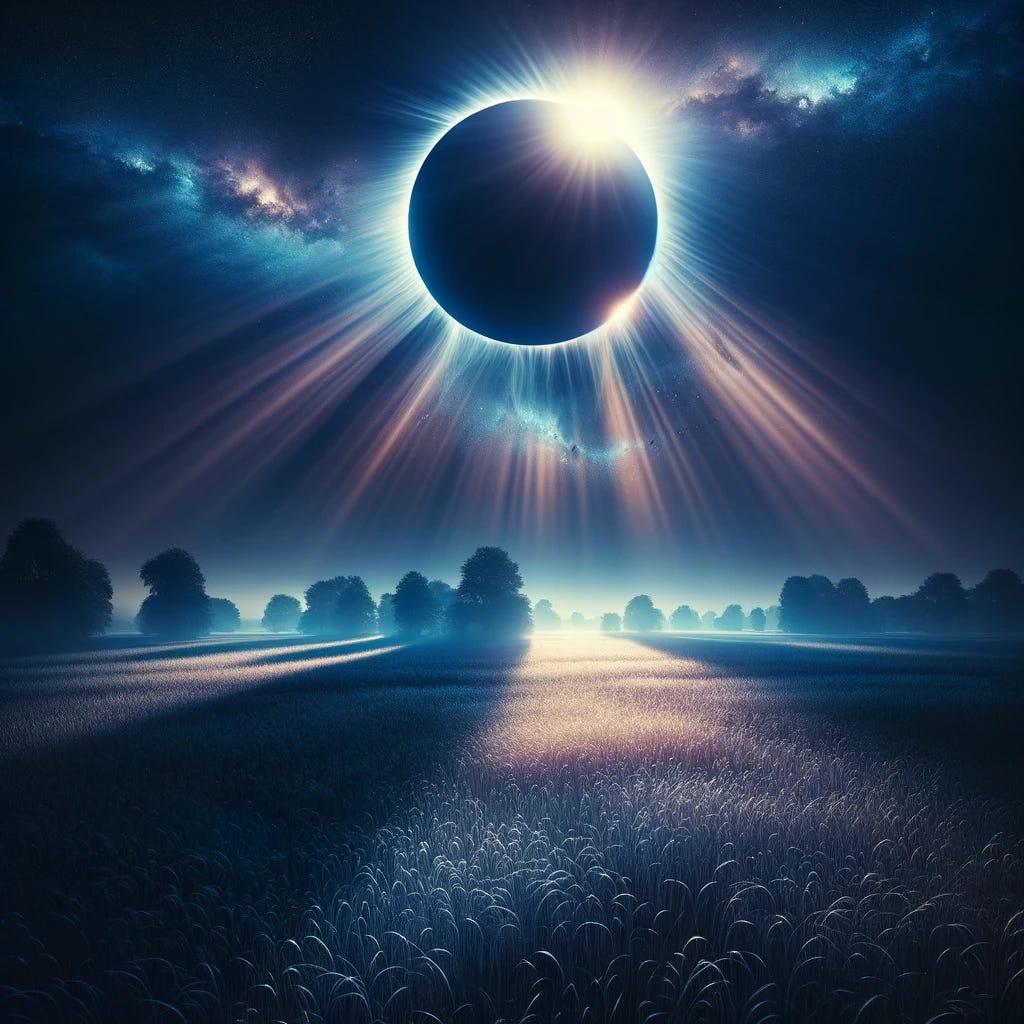Drive carefully on your way to view the eclipse!
April 5, 2024
Before we understood astronomy, people viewed solar eclipses with a combination of awe and foreboding. Some worried that an eclipse portended divine wrath; others felt that an eclipse could be a herald of change. Now, we think of an eclipse as a bucket list item, and we still look (carefully) at eclipses as a cause for wonder and celebration.
During an eclipse, many outside the path of “totality” will hop into their cars to get to a place which will have a full eclipse, but driving is not without danger. Researchers reported last week in JAMA Internal Medicine that there were about 30% more motor vehicle fatalities in the three days around the August 2017 eclipse than during the same three days of the week before and the week after the eclipse. They used data from the National Highway Traffic Safety Administration Fatality Analysis Reporting System and the US Navy calculator to estimate time of maximal eclipse by location. The most dangerous times were before and after the eclipse, so these were not accidents caused by darkness. They found no increase in alcohol related deaths.
Source: Redelmeier, et al JAMA Int Med March 25, 2024 LINK
Implications for employers:
- Remind employees to be especially careful if they are driving on Sunday, Monday and Tuesday of this coming week.
Share advice, like this advice from JAMA Ophthalmology about how to safely watch a solar eclipse.
Thanks for reading. You can find previous posts in the Employer Coverage archive
Please subscribe, “like” and suggest this newsletter to friends and colleagues. Thanks!
Illustration by Dall-E
Monday: No Surprises Act is not lowering total medical costs


